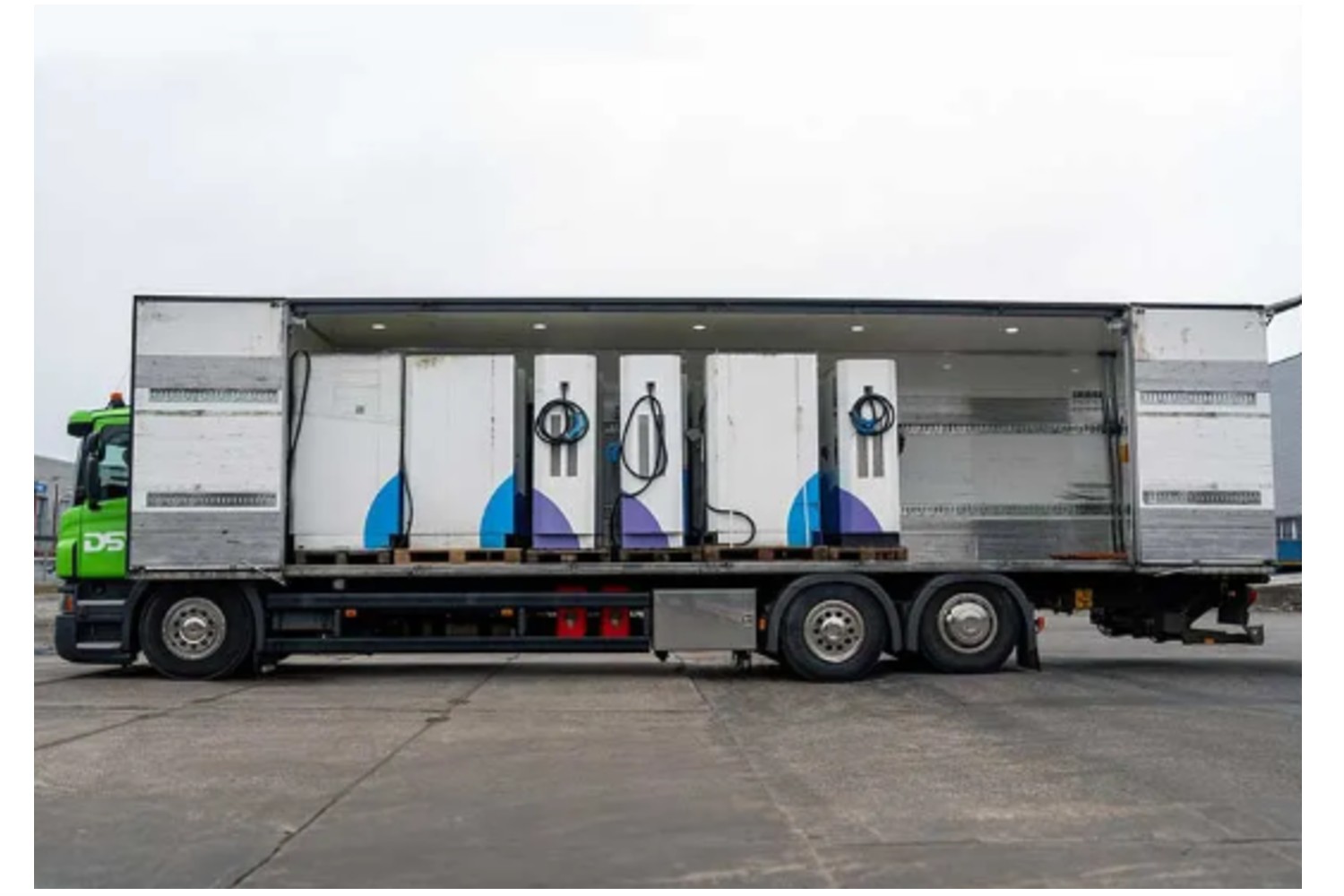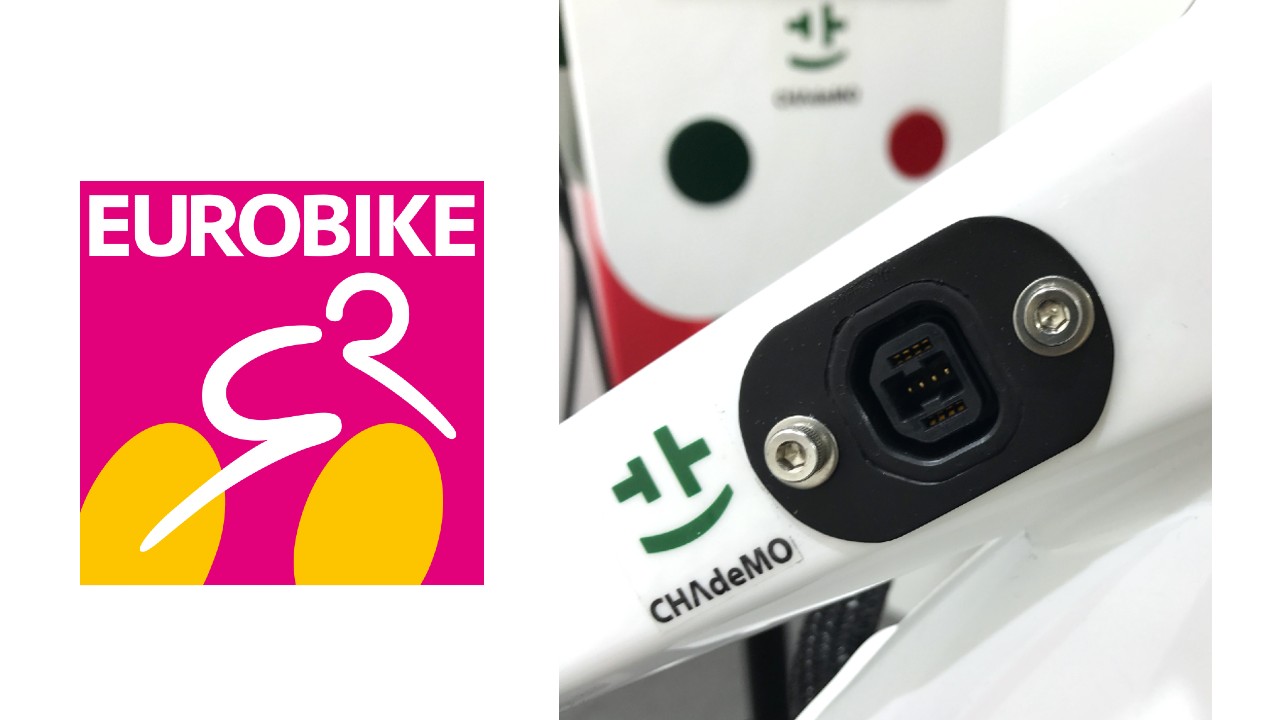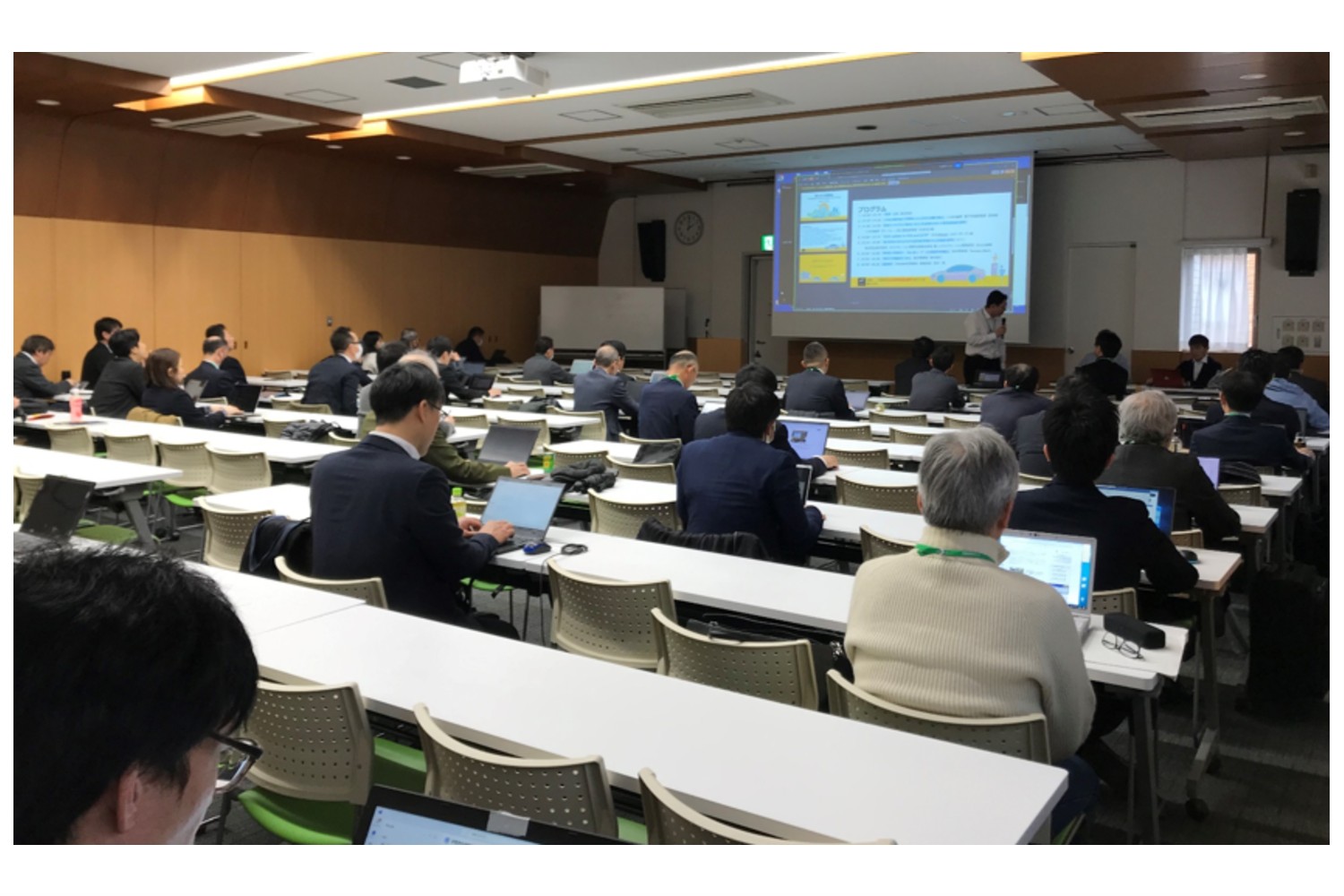In response to the European Commision’s proposal for a directive on the deployment of alternative fuels infrastructure, the Committee on Transport and Tourism of the European Parliament has adopted a draft report on 26 November, in which the CHAdeMO DC fast charging protocol is recognised until 1 January 2019 in Europe. While this report is still to be discussed until the plenary vote next year, as this shall be the base of upcoming discussions, CHAdeMO Association wishes to express its reactions to the adoption of this report.
CHAdeMO Association welcomes the official reference to the CHAdeMO DC fast charging protocol in this report and appreciates the clear statement guaranteeing that existing CHAdeMO chargers remain in service for an indefinite duration of time. The official reference comes as a clear recognition of the 990 CHAdeMO chargers currently in operation in Europe and servicing more than 30,000 users every day. Now that EV’s are becoming a mass market reality in many markets it is essential that a convenient and affordable fast charging solution is officially recognised and reassures these users that they have made the right choice.
However, it is unfortunate that the TRAN Committee has decided to adopt the notion of an arbitrary end date for building new CHAdeMO chargers for public use in Europe, despite our last position statement (11 September 2013) and our members’ continued efforts to inform the policy makers about the negative effect of this on the deployment of EV infrastructure. While we understand that the directive does not “ban” CHAdeMO from the market, by giving an end date to its public installations, it will de facto stall the investments into CHAdeMO chargers and eventually in fast chargers in general. CHAdeMO is the only widely commercialized and readily available DC fast charging technology, and, in the absence of any other type of fast chargers that is proven to be reliable for public installation or EVs equipped with such technology as standard features, this will make investors question what Europe wishes to achieve.
We are concerned that this shall disappoint the 30,000 CHAdeMO EV owners in the long run, who are the most passionate proponents of e-mobility and who were counting on us to continue expanding our fast charging network. We are concerned that there may be an impact on jobs here in Europe. Many CHAdeMO EVs and batteries are assembled in Europe, notably in the U.K. and in Spain, where we cannot afford more job loss. In addition, there are 13 CHAdeMO-charger manufacturers and over 40 CHAdeMO-based charging operators in Europe. We are also concerned that this wording may make the outputs from large-scale EU-funded fast charging projects largely obsolete even before the results come out.
The work by CHAdeMO association members and the chargers that have been put in place and operating for the past three years produced data that helped create a consensus among e-mobility stakeholders that fast chargers are indispensable for wide EV adoption. Thus, unhindered development of the deployment of fast chargers should be a priority of the European policy makers, if they want to truly promote e-mobility. This can only be achieved through an open endorsement of dual-standard approach to DC fast charging. The industry is aligned on the principle that the dual-standard chargers should be the way forward. We hope that the European policy makers will duly support this industry initiative by explicitly ensuring CHAdeMO to stay in the European market in the longer term, enabling us to continue to service the present and future CHAdeMO-equipped EV/PHEV drivers.




